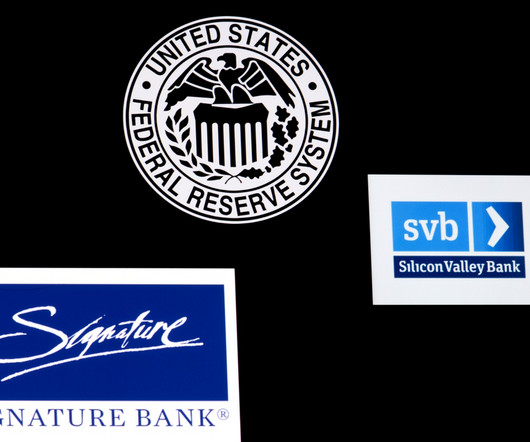The ICBA 22/23 executive committee is all in
Independent Banker
MARCH 31, 2022
Executive committee members tell us what advocacy issues they’ll be focused on during their terms, while board members share their words of wisdom for up-and-coming community bankers: themselves. To sum it up, these leaders are all in and all heart for community banking. We are not Wall Street banks—we are community banks.














Let's personalize your content